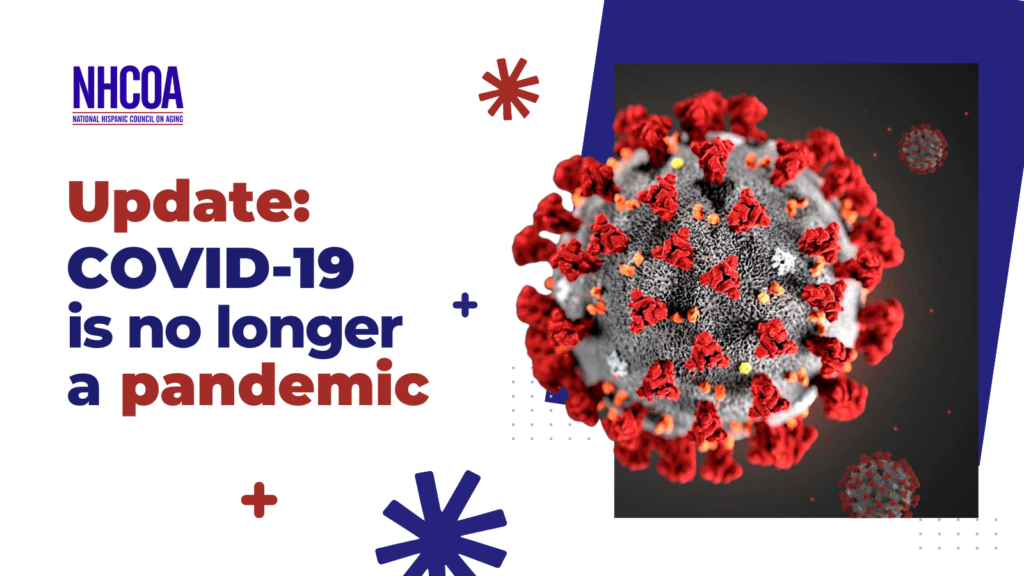
In May 2023, the U.S. Senate passed a bill declaring an end to the public health emergency for COVID-19, which means that the government will now treat the virus as an endemic disease. This bill was created in response to the statement issued on May 5 by the COVID-19 Emergencies Committee to WHO Director-General Dr. Tedros Adhanom indicating that the coronavirus is no longer a public health emergency of international concern (PHEIC). Dr. Tedros then accepted the recommendation of the Emergency Committee.
The WHO Director stated that the virus no longer constitutes a public health emergency of international concern and that “it is time for countries to move from emergency response to the management of COVID-19 along with other infectious diseases.” However, it is important to clarify the fact that just because COVID-19 is no longer a PHEIC does not imply that the virus no longer exists.
COVID-19 transforms into new strains that live with us day after day. This is why it is still necessary to keep biosecurity precautions and to take care of our loved ones from future infections. In addition, vaccines and treatments continue to be updated so it is important to keep up to date with new discoveries.
U.S. President Joe Biden’s administration officials said that the possibility of a boreal winter surge in COVID cases and the need for more time to transition to a private market for the sale of tests, vaccines and treatments were two factors that contributed to the decision leading up to May. This means that private insurance and government health plans will assume healthcare costs for COVID for most people in the US. This puts many Americans with limited or no health insurance at risk.
For its part, the WHO recommends that countries continue with certain recommendations issued:
● Preserve protocols in terms of national response capacity and prepare for future events to avoid a cycle of panic and neglect.
● Integrate COVID-19 vaccination into immunization programs across the life course.
● Maintain measures to increase COVID-19 vaccination coverage for all high-priority groups.
WHO also suggests continuing to “work with communities to achieve strong, resilient and inclusive programs in risk communication and community engagement.” And finally, the Organization recommends continuing to gradually remove COVID-19-related health measures applicable to international travel, based on risk assessments; continuing to support research to improve vaccines; and continuing to better understand post-COVID-19 conditions.
Along with these practices, WHO published a strategic plan to facilitate countries’ transition to a new reality without COVID-19 as ESPII, the WHO Strategic Plan for COVID-19 Preparedness and Response for 2023-2025.
References:
https://cnnespanol.cnn.com/2023/05/05/oms-covid-19-ya-no-es-una-emergencia-sanitaria-mundial-trax/

Recent Comments